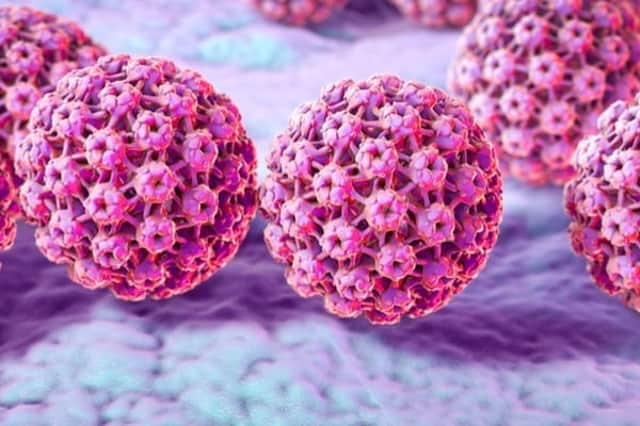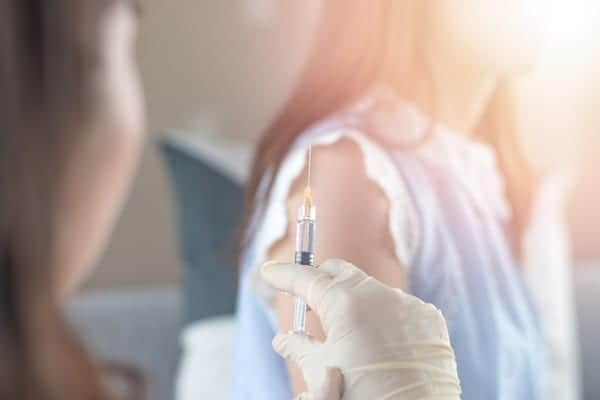Here's everything you need to know about the HPV virus - and how to get tested


The human papillomavirus (HPV) is a type of virus that infects both the skin and the cells lining body cavities.
HPV is a very common infection, and around eight out of 10 people become infected with the virus at some point in their lives.
But what exactly is HPV and how can you get tested?
Advertisement
Hide AdAdvertisement
Hide Ad

What is HPV?
HPV is the collective name given to a very common group of viruses. There are many types of HPV, some of which can cause conditions like warts or verrucas and others which are considered ‘high risk’.
High risk types of HPV
The types of HPV dubbed ‘high risk’ are so-called because they are linked to the development of cancers, such as cervical cancer, anal cancer, genital cancers and cancers of the head and neck.
The NHS notes that nearly all cervical cancers (99.7 per cent) are caused by infection with a high-risk type of HPV.
However, only some of the anal and genital cancers and cancers of the head and neck are caused by the HPV infection.
Advertisement
Hide AdAdvertisement
Hide AdThe rest of these cancers are usually caused by other risk factors such as smoking and drinking alcohol.
Although the NHS explain that “most people will get an HPV infection at some point in their lives, and their bodies will get rid of it naturally without treatment,” it can be dangerous for those who become infected with a high risk type of HPV and are not able to clear it.
Vaccinations are available for teenage children (Photo: Shutterstock)
Over time, this can cause abnormal tissue growth as well as other changes in the cells of their cervix, which can lead to cervical cancer if not treated.
Advertisement
Hide AdAdvertisement
Hide AdHPV infections do not usually cause any symptoms, and most people will not know they're infected.
How can I get tested for HPV?
Genital HPV testing is part of cervical screening, which is offered to all women aged 25 to 64.
The NHS explains that “a cervical screening test (previously known as a smear test) is a method of detecting abnormal cells on the cervix. The cervix is the entrance to the womb from the vagina.
“Detecting and removing abnormal cervical cells can prevent cervical cancer.”
Advertisement
Hide AdAdvertisement
Hide AdHowever, in men there is currently no reliable test for genital HPV infection and it's often very difficult to diagnose, although some clinics may offer anal screening to men with a higher risk of developing anal cancer.
Vaccinations
In England, girls aged 12 to 13 years are routinely offered the first HPV vaccination when they are in school year 8.
The second dose is normally offered six to 12 months after the first, usually falling in school year 8 or year 9.
From the 2019/2020 school year, it is expected that boys aged 12 to 13 will also become eligible for the HPV vaccine, according to the NHS. The first dose of the HPV vaccine will be offered routinely to boys aged 12 and 13 in year 8, in the same way that it is currently offered to girls.
Advertisement
Hide AdAdvertisement
Hide AdThe HPV vaccine is offered to girls from S1 to S3 in secondary schools in Scotland and in Northern Ireland, the HPV vaccine is offered to girls aged 12 to 13.
If you’re concern about the HPV virus or want to find out further information, visit your local GP or the NHS website.
This article originally appeared on our sister site, Yorkshire Evening Post